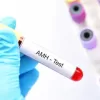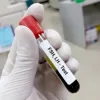Male & Female Investigations
FERTILITY WELLNESS CHECK (MOT)

The service provides a fertility check-up for individuals and couples, helping them understand their individual fertility. For men this includes a semen analysis and for women it includes a blood test for the Anti Mullerian Hormone ( AMH ) combined with a pelvic scan.
FEMALE INVESTIGATIONS
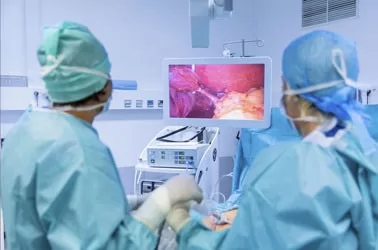
Laparoscopy
During a laparoscopy, a small telescope (laparoscope) is inserted into the abdomen to look directly at the internal tissue to diagnose the presence pelvic pathology eg endometriosis. This test is conducted under a general anaesthetic.
Ovarian Reserve Test
This detailed scan is performed to look at the size, shape and condition of the uterus, lining of the womb, both ovaries and the pelvic area. An antral follicle count (also known as an egg sac count) is also performed. An Ovarian Reserve Test (ORT) is a scan carried out between days 1 and days 5 of the menstrual cycle. This scan is best performed transvaginally for optimum clarity.
Fallopian Tubes

HyCoSy Scan
A HyCoSy fertility scan is a quick procedure that is used to determine whether the fallopian tubes are blocked or damaged and is performed between days 7-12 of the menstrual cycle.
Uterus

3D SIS
A 3D SIS (saline infusion sonography) is an ultrasound procedure performed to assess the the uterine cavity is normal. It involves passing a catheter through the neck of the womb followed by filling the womb with sterile water 3-dimensional images of the uterine cavity are then taken and assessed. This investigation is usually carried out after menstruation has ended but before ovulation between days 7-12 of the menstrual cycle.

Dummy Embryo Transfer
This is a procedure which emulates the process of embryo transfer and helps to establish whether an actual transfer is likely to encounter problems. Performed between days 7-12 of the menstrual cycle.
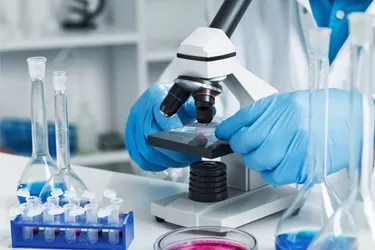
Endometrial Biopsy
This investigation involves the removal of a tiny piece of tissue from the inner lining of the uterus. Performed between days 7-12 of the menstrual cycle.
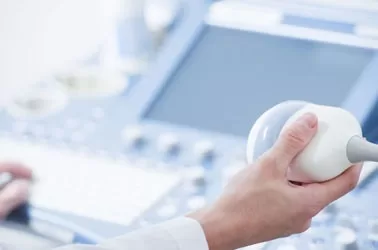
Hysteroscopy
This investigation involves placing a narrow telescope with a camera into the womb and is used to examine the lining of the womb and the opening of the fallopian tubes, to determine whether there are any polyps, fibroids or adhesions present.

Endometrial Receptivity Array Test
An ERA test involves taking a biopsy of the womb-lining and analysing the tissue to find out when the endometrium is most receptive to implantation
Hormonal
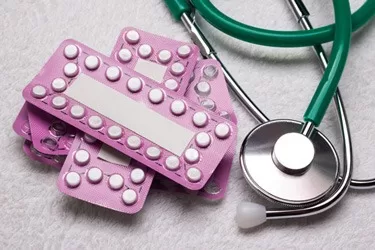
This is a female screening package which forms part of a basic fertility workup. These tests are best performed between days 1 and 5 of the menstrual cycle.
• FSH
• LH
• E2
• AMH
• Prolactin
MALE INVESTIGATIONS
Sperm Tests
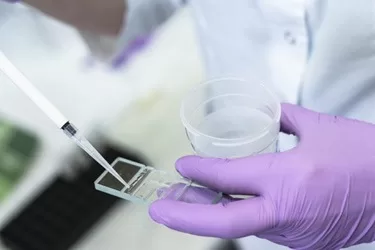
Semen Analysis
A semen analysis looks at many aspects of the semen and sperm; assessing the density, morphology and motility of sperm.
Semen Culture
A Semen Culture test is carried out to assess for the presence of the microorganisms in the semen.
Sperm DNA fragmentation
A Sperm DNA Fragmentation test goes beyond the semen analysis and culture tests to explore the sperm at a molecular level to assess for DNA damage. We can perform the SpermComet test at the same time as your semen analysis test. We will explain your results to you in detail at your follow-up consultation.
Hormonal Profile
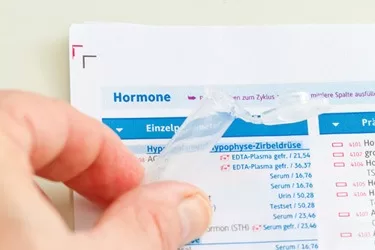
A blood test measures the level of testosterone and other hormones.
Basic
This is a male screening package is a series of blood tests which form part of a comprehensive fertility workup. This package comprises of the following tests
• FSH Level
• LH
• Prolactin
• Testosterone
• SHBG
Ultrasound
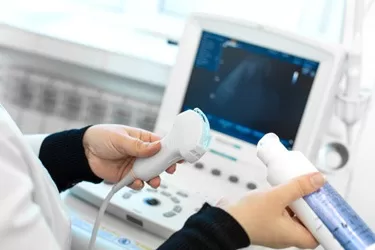
This ultrasound investigation is performed to examine the testes and the scrotal contents. It is used to diagnose lumps in the scrotum such as a varicocele, which are the testicular equivalent of varicose veins.
This is a non-invasive procedure for checking whether an abnormality in the testicles is causing infertility problems.
The results are passed on to a urologist, or our fertility specialist for the purpose of diagnosis.
Genetic Profile
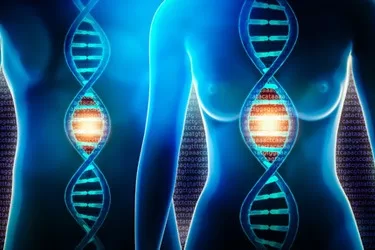
This is a male screening package which forms part of an advanced fertility workup. This package comprises of the following tests and are taken using a simple blood test:
• Chromosome Analysis
• Y deletion test
• Cystic Fibrosis
Retrograde Ejaculation

Sperm in urine can indicate that semen is traveling backwards into the bladder instead of out of the penis during ejaculation. This test is undertaken to determine whether there is any physical damage or obstruction.
• A urine analysis is taken shortly after climax to inspect for the presence of motile sperm .
PREGNANCY INVESTIGATIONS
Dating Scan

The dating scan is performed to assess the number of embryos present and the fetal gestation age between 10 to 16 weeks gestation. It may be conducted transvaginally or with an abdominal scan (ultrasound).
Non-Invasive Prenatal Testing
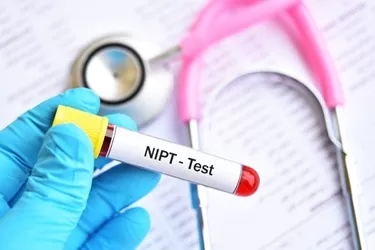
Known as an NIPT investigation, this test is offered as an investigation for Down’s syndrome and will determine, with high accuracy, either a ‘low risk’ or ‘high risk’ diagnosis. This test does not involve any invasive procedures, just a simple maternal blood test:
• Performed from 10 weeks of pregnancy.
A NIPT test will screen for Chromosomes 13,18,21, X and Y. You will be offered genetic counseling if the results of this test are positive or ‘ high risk’.
PREVIOUS IVF FAILURE / MISCARRIAGE INVESTIGATIONS
Reproductive Immunology

This investigation involves a blood test to ascertain whether there are any particular cells (Natural Killer cells) within the immune system which may lead to rejection of a pregnancy.
Pre Implantation Genetic Screening (PGS)

Pre-Implantaton Genetic Screening is an early method of analyzing the chromosomal make-up of embryos in order to assess the likelihood of any problems and reduce the risk of miscarriage. It is well known that over 50% of the embryos created in the laboratory will be genetically incapable of leading to a pregnancy or a healthy live birth. In order for us to conduct PGS investigations, you will be required to go through an IVF procedure to stimulate the production of embryos for screening. Following the creation of embryos a biopsy is taken of the embryos at the blastocyst stage. The embryos will have to be frozen post biopsy.
Screening includes a full Chromosome Analysis of all 24 pairs of chromosomes
TSH
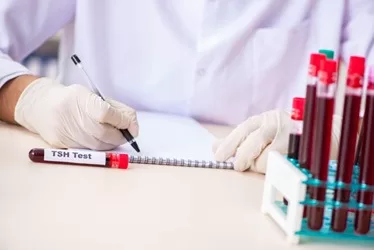
The TSH (thyroid stimulating hormone) test is often the first test for evaluating thyroid function and/or symptoms of hyper- or hypothyroidism and involves a blood test. Hyper- or hypothyroidism can cause an increased risk for miscarriage.
ANA
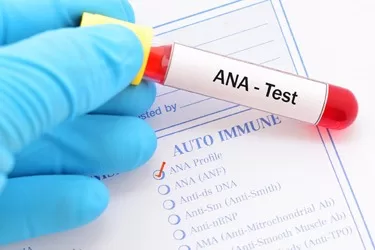
The ANA (anti-nuclear antibodies) blood test is used to detect autoimmune disorders.
Chromosome analysis

This involves blood tests to check for chromosomal abnormalities (known as karyotyping). If the tests highlight a problem, you may be referred to our clinical geneticist for further testing.
Uterine
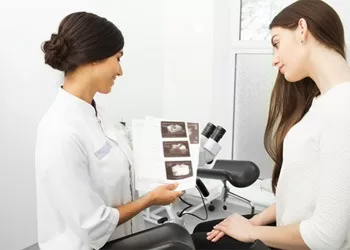
3DSIS
A 3D SIS (saline infusion sonography) is an ultrasound procedure performed to assess the the uterine cavity is normal. It involves passing a catheter through the neck of the womb followed by filling the womb with sterile water 3-dimensional images of the uterine cavity are then taken and assessed. This investigation is usually carried out after menstruation has ended but before ovulation between days 7-12 of the menstrual cycle.
Hysteroscopy
This investigation involves placing a narrow telescope with a camera into the womb and is used to examine the lining of the womb and the opening of the fallopian tubes, to determine whether there are any polyps, fibroids or adhesions present.
Clotting Factors
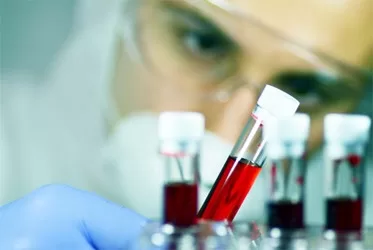
This investigation involves a blood test enabling us to assess your Thrombotic risk profile.
The test includes:
- FBC
- Coagulation profile
- Antithrombin III
- Factor V Leiden gene
- Factor II Prothrombin gene
- MTHFR gene
- Fibrinogen
- Activated Protein C Resistance
- Protein C
- Protein S
- Lupus Anticoagulant
- Anticardiolipin Ab
